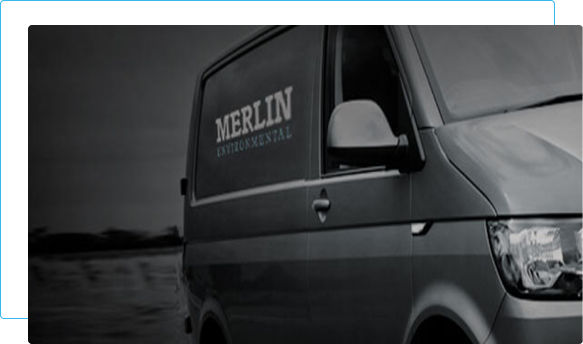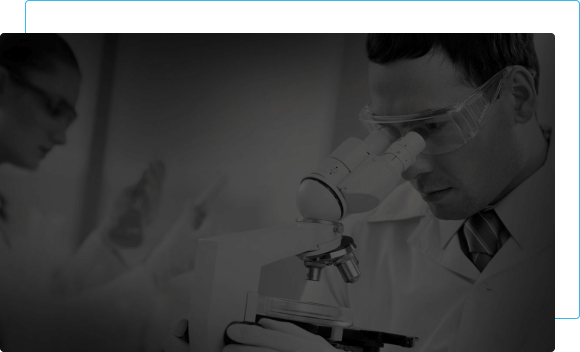Airport Pest Control
Fast, effective pest control service for airports across the UK and Ireland
- Free site assessment anywhere in UK or Ireland
- 24 hour response
- Unmarked vans for confidentiality
- We can operate at a time that suits you
- Solutions non-harmful to humans
- Regulatory compliant
Discreet
No Interruption
So as not to alarm employees or disrupt operations, we can tackle pest problems during quiet hours, such as when the airport has minimal staff around or when a plane is grounded.
Fast Response
Consequences of pests in airports and planes
When an airport or airline has a pest problem, it can lead to a chain of consequences that affect your bottom line. Below is a list of 5 common ways that an unmanaged pest infestation in an airport may affect the business.
- Delayed flights
- Unhappy passengers leading to complaints
- Bad press and reputational damage
- Prosecution for non-compliance with regulatory laws
- Lawsuits from passengers
- Loss of customers

Common pests in commercial aviation
Rats
Mice
Birds
Bed Bugs
Moths
Fast Response. Free Assessment
Compliance & safety
Our accreditations
We hold ourselves to a very high standard and we have the accreditations to prove it. We pride ourselves on offering an unrivalled experience in control as well as better quality service, response, and reliability than other pest control companies.
Integrated pest management for airports
Biological controls
Cultural controls
Physical controls
Chemical controls
We've been featured in
We’ve been featured in countless well known publications. As experts in our field, we regularly inform and advise news journalists and TV production companies on pest-related matters.
























